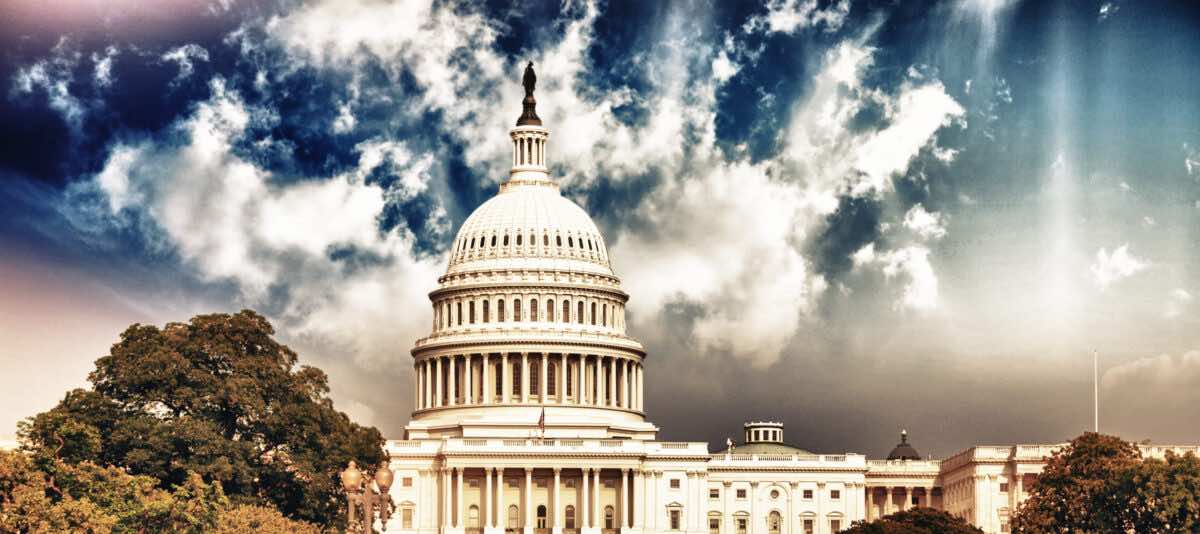Robbing Peter to Pay Paul? Supreme Court to Consider Scope of Lanham Act “Defendant’s Profit” Award | McDermott Will & Emery
The Supreme Court has agreed to consider the breadth of a damages award in a long-running trademark dispute between two real estate companies. Dewberry Group, Inc. v. Dewberry Engineers, Inc., Docket No. 23-900 (Supr. Ct. June 24, 2024).
Dewberry Group and Dewberry Engineers both offer commercial real estate services in the same geographic area. The two companies dispute the use of the name “Dewberry” for use in real estate: Dewberry Group has acquired common law rights, and Dewberry Engineers owns registered trademarks. Dewberry Engineers sued Dewberry Group, but the initial litigation ended in settlement in 2007. As part of the settlement, Dewberry Group agreed to various terms, including that it would use a specific logo and an abbreviated name in certain overlapping markets.
Ten years later, Dewberry Group rebranded and attempted to register new marks containing the word “Dewberry” and abandoned the logo and name specified by the settlement agreement. In 2020, Dewberry Engineers again sued Dewberry Group, this time for violating the terms of the confidential settlement agreement and for infringing Dewberry Engineers’ trademarks. The lower court granted Dewberry Engineers summary judgment, a permanent injunction and monetary damages. The damages award included profit disgorgement pursuant to the Lanham Act, 15 U.S.C. § 1117(a), under which the US Court of Appeals for the Fourth Circuit ordered Dewberry Group’s affiliates to disgorge almost $43 million in profits. Dewberry Group appealed, and the Fourth Circuit affirmed in a 2 – 1 decision.
Dewberry Group petitioned for certiorari on the issue of damages, arguing that the Fourth Circuit’s decision to allow Dewberry Engineers to collect damages based on Dewberry Group’s affiliates’ profits “silently invites courts to ignore corporate separateness in trademark disputes without regard to veil-piercing principles.” Dewberry Group argued that the Fourth Circuit decision was substantively incorrect and contradictory to Ninth and Eleventh Circuit decisions as well as the Lanham Act. According to Dewberry Group, the $43 million “never passed through [Dewberry Group’s] hands,” and in fact the company “had zero net profits.” Because the Lanham Act allows only for disgorgement of a defendant’s profits – not defendant’s affiliates’ profits or a penalty against the defendant – Dewberry Group contended that the damages award was improper.
The issue presented is: Whether an award of the “defendant’s profits” under the Lanham Act, 15 U.S.C. § 1117(a), can include an order for the defendant to disgorge the distinct profits of legally separate non-party corporate affiliates.
[View source.]





